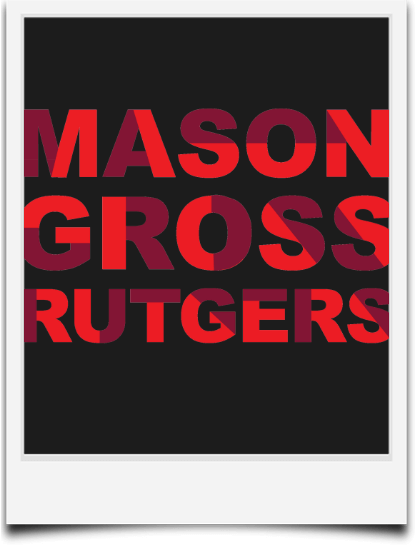Theater is a multidimensional art form requiring creativity, collaboration, and craft. Our commitment in the Theater Department at Mason Gross School of the Arts is to educate, guide and foster the aspiring theater professional and provide uniquely individualized instruction and practical experience, including intensive studio classes, innovative academic curricula, and productions.
The Theater Department offers a program for BFA in theater with the following concentrations:
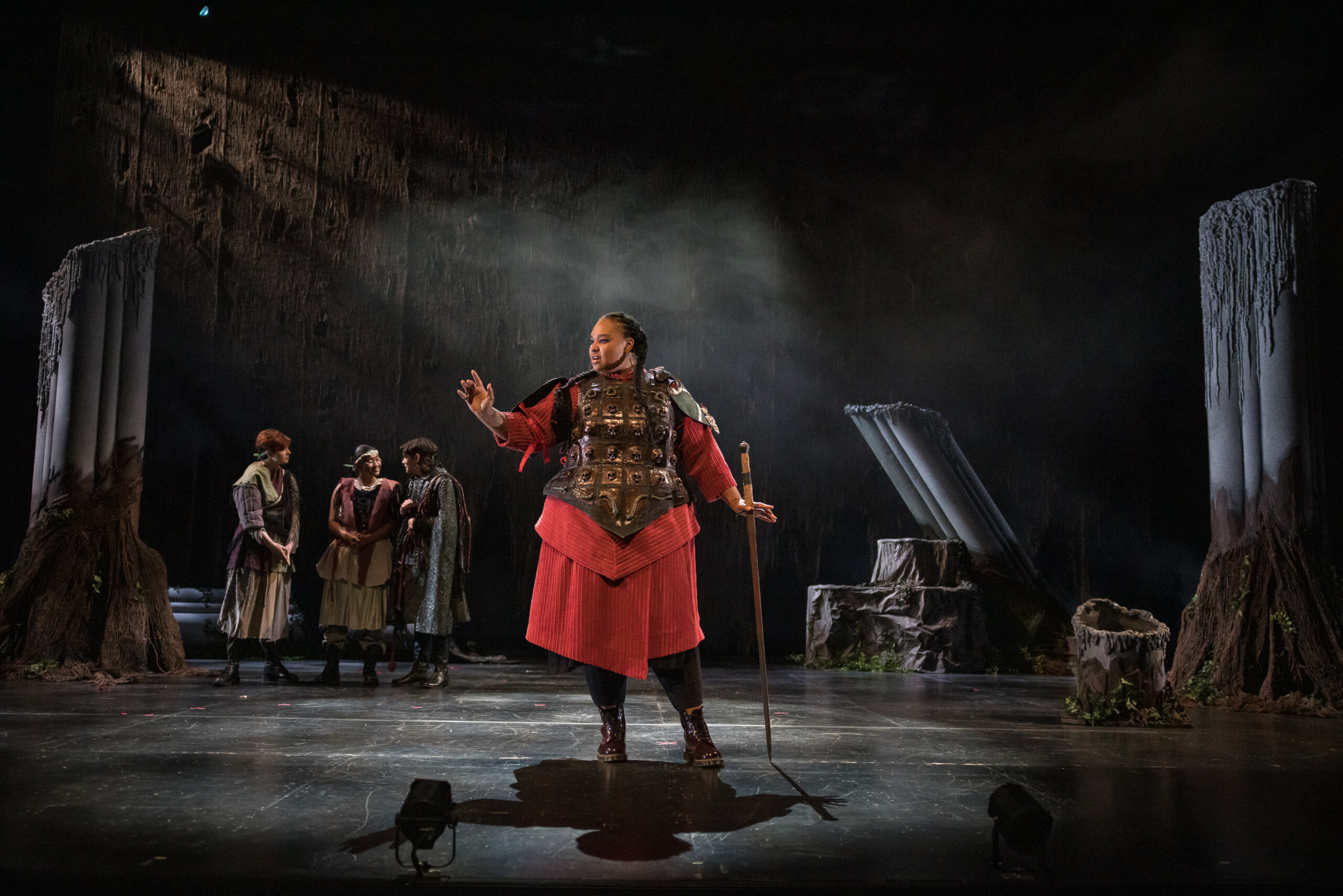
Concentration in Acting
The acting program offers a rigorous and collaborative 4-year course of study for students who aspire to a career in the ever-evolving entertainment industry. Students are trained in various acting techniques, including Meisner, on-camera, devising, classics, and global theater with a commitment to new and emerging methodologies and practices.
Students will study at the Rutgers Conservatory at Shakespeare’s Globe in London. The training concludes with a focus on the industry and launching of the artist’s professional careers. Students are eligible for productions in the program in the second through final years in study.
The drama program is committed to equitable, representative, and evolving practices to support each student on their journey by continuing to learn, scrutinize and adjust our program to facilitate training that is current, imaginative and inspired by the needs of the students, the demands of the industry, and work that is yet to be created.
BFA ACTING LEARNING GOALS
- Practical: Student actors will develop their instruments mentally, emotionally, physically, and vocally to use their whole selves as instruments for their art. Student actors will gain an understanding of current industry expectations and how to join the industry as working professionals in various audition and production situations. They will develop an ability to apply acting technique to variable material to suit any medium, genre, style, space, as well as many other facets of artistry.
- Theoretical: Student actors will be able to contextualize their technique, skills, and artistry through an understanding of theater history and global practices. They will gain an ability to engage with various types of scripts and texts analytically, critically, and aesthetically. They will understand how to devise their own artistic choices and how to embody choices which come out of artistic collaboration.
- Values: Student actors will learn how to engage with their own personal artistic voice. They will be able to consider, examine, and question their personal relationship with the role of representation in entertainment and media.\
- Self: Student actors will gain greater personal creativity, self-reliance, and self-confidence. They will learn how to advocate for themselves throughout an artistic process. They will develop a high level of stamina to meet the demands on their bodies and minds needed to complete the rigorous training. Student actors will develop practices of sustainability to ensure longevity and vitality throughout their professional careers.
- Community: Student actors will gain strong skills in collaboration and communication. They will be able to work productively within an ensemble or company. As actors and storytellers, they will be able to affect their broader communities through performance that interacts with culture, public health, education, and political expression.
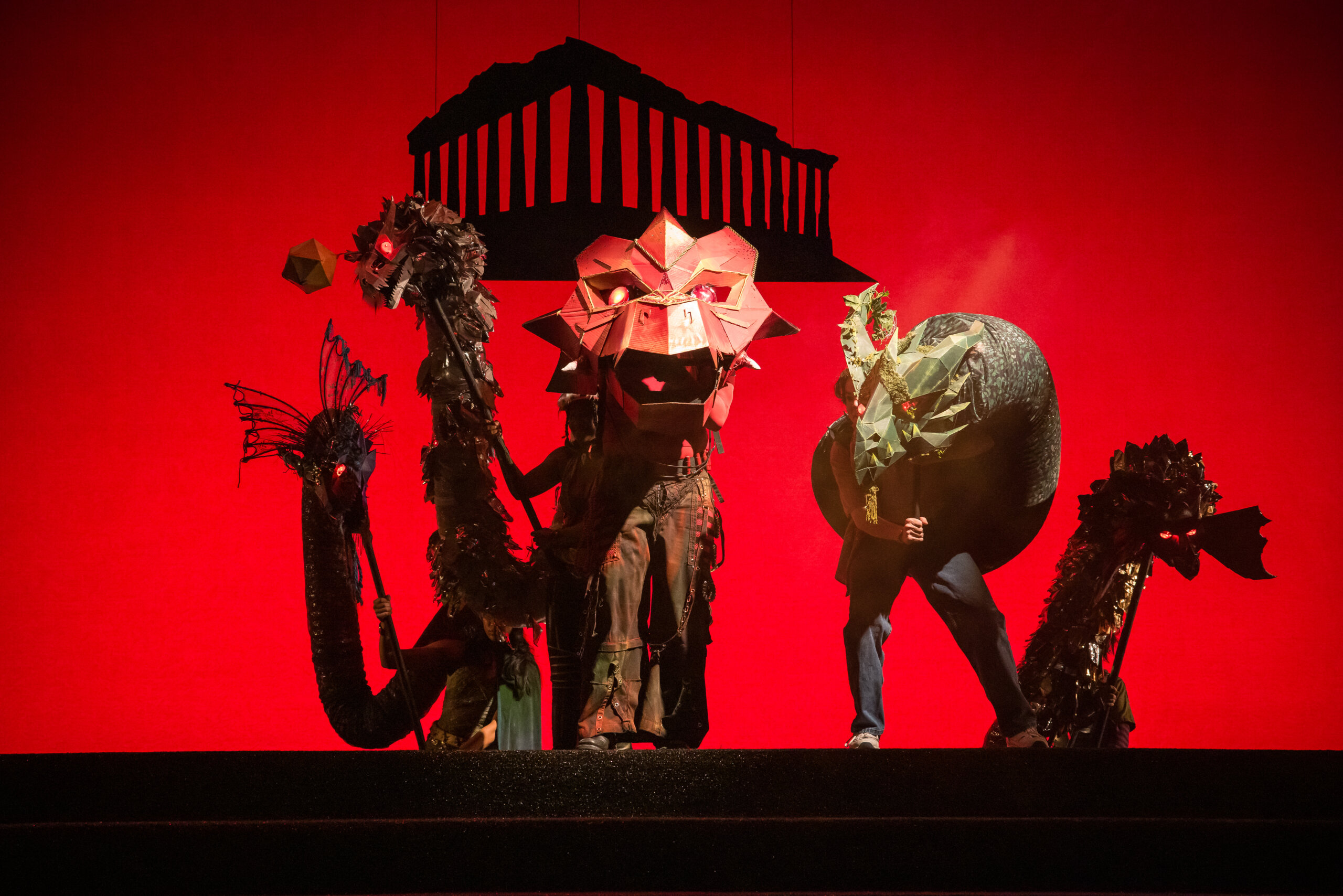
Concentration in Design
Theater design students are part of a dynamic 4-year professional training program that includes a semester residency in London. Our program provides students with essential artistic and technical skills as well as a strong foundation in theater history and theory. The faculty are distinguished working professionals who provide students with one-on-one mentoring and prepare them to be effective artists and collaborators in the entertainment industry.
Areas of study include costume, lighting, and scenic design.
BFA COSTUME DESIGN LEARNING GOALS
- Students will acquire the ability to analyze theatrical texts through social, historical, fashion, decorative arts, and dramaturgical perspectives, thereby developing a richer context to express the world of the play and its production.
- Students will develop their own distinctive and dynamic costume rendering style through courses in life drawing and digital arts. These courses will help them refine techniques that enhance their artistic vision and align with the director and design team.
- Students will gain foundational skills in costume construction and craft techniques, including fabric dyeing, draping, and pattern making, to better understand the costume design production process.
- Students will receive a comprehensive education in the history of clothing, architecture, and decorative arts from ancient civilizations to the present day, including cross-cultural analysis. They will learn to identify and use basic terminology and research tools to enhance their creative work.
- Students will analyze and critique their own work and that of their peers through comprehensive discussions. By building aesthetic awareness, curiosity, and an understanding of collaborative theater design, they will gain confidence in presenting their ideas verbally and visually
- Students will develop professional practices to become successful costume designers who are good citizens and ambassadors in the profession.
BFA LIGHTING DESIGN LEARNING GOALS
- Students will gain an intuitive understanding of the psychological and physiological aspects of light, how it functions in the real world, and how to manipulate the medium to achieve a specific set of technical and creative objectives.
- Students will develop a deeper appreciation and understanding of the collaborative process, and how lighting design must inform and underscore intention in every aspect of a realized production, from text to design to music, to direction.
- Students will learn to conceptualize, organize, and express original and evocative lighting ideas for a play, and develop the ability to clearly articulate these ideas in a group discussion, in writing and in the completed work onstage.
- Students will learn the processes and techniques to translate a lighting design from schematic and conceptual form to a complete and comprehensive package of lighting documents and drafting, produced to the highest professional standards. This will include intensive study in photometrics, optics, digital and hand drafting, and the latest industry-standard lighting software in use today.
- Through work in the lightlab and realized productions with the Rutgers Theatre Company, the student will develop and demonstrate a growing attention to detail, and the ability to manipulate color, angle, rhythm and composition to achieve particular design and storytelling objectives.
- Through realized design work with the Rutgers Theatre Company, the student will acquire greater speed, accuracy, and self-confidence in the technical rehearsal process, and in his /her professional interactions and decision-making.
- The student will acquire all the requisite skills needed to work as an assistant or associate lighting designer in regional theatre, on or off- Broadway.
BFA SCENIC DESIGN LEARNING GOALS
- Students will learn to analyze a script from the point of view of the social, historical, architectural and decorative arts contexts that express the storytelling and characters of the play.
- Students will learn to create dynamic theatrical spaces so that the movement of actors in space will support the story and conceptual choices made by the director and the design team.
- Students will develop skills in analyzing and representing three-dimensional space (perspective drawing, drafting, model making), as well as composition, color, texture, and stagecraft.
- Students will learn to analyze and critique their work and the work of their peers through comprehensive class discussions. Students will build an aesthetic awareness and understanding of the creative and collaborative nature of theater design and the need to present ideas verbally and visually to the director and the design team.
- Students will learn “best average” problem-solving methods and techniques of stagecraft used in the development of a set design
- Students will develop professional practices to be successful scenic designers who are good citizens and ambassadors in the profession.
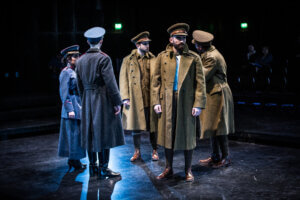 Mason Gross School of the Arts costume design program provides student designers an expansive course of study in close collaboration with professional design and costume technology faculty members who are themselves actively engaged in their fields. Working in spacious studios and well-equipped shops; emerging designers benefit from a wealth of resources both in New Jersey and New York City. Students’ designers shop fabrics, engage in research at museums, libraries, and archives, and visit annual special fashion exhibits at the Fashion Institute of Technology, Metropolitan Museum of Art, and other cultural institutions.
Mason Gross School of the Arts costume design program provides student designers an expansive course of study in close collaboration with professional design and costume technology faculty members who are themselves actively engaged in their fields. Working in spacious studios and well-equipped shops; emerging designers benefit from a wealth of resources both in New Jersey and New York City. Students’ designers shop fabrics, engage in research at museums, libraries, and archives, and visit annual special fashion exhibits at the Fashion Institute of Technology, Metropolitan Museum of Art, and other cultural institutions.
This rigorous and comprehensive training includes a carefully integrated series of courses in costume design, costume history, dramaturgy, research methodologies, figure drawing and computer rendering as well as construction and draping. Small class sizes, one-on-one advising, production opportunities and engagement with professional theater artists ensures students can grow and develop their singular style by exploring and developing their own process in which to create. Costume designers graduate as highly skilled, engaged theater artists and citizens.
Faculty
Associate Professor of Professional Practice
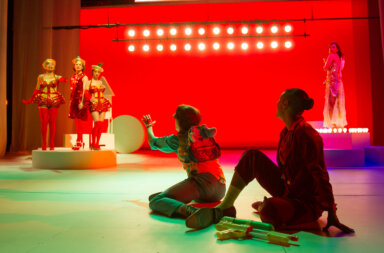 We offer rigorous professional training in the art and craft of lighting design that will give students the skills, the experience, and the opportunity to pursue a career as a lighting professional. Through concentrated study in script analysis and the collaborative process, students will develop an approach to work that is rooted in the text and has an integral relationship to the total production design.
We offer rigorous professional training in the art and craft of lighting design that will give students the skills, the experience, and the opportunity to pursue a career as a lighting professional. Through concentrated study in script analysis and the collaborative process, students will develop an approach to work that is rooted in the text and has an integral relationship to the total production design.
Led by faculty with extensive experience in Broadway, Off-Broadway, regional theater, opera, film, television, and architectural lighting, the intensive course of study includes an immersion into lighting theory, technique and technology, 2D and 3D drafting, associate and assisting skills, projection design, and commercial lighting practice. Realized design work with the Rutgers Theater Company, along with study abroad at Shakespeare’s Globe Theater in London, is a vital part of our comprehensive curriculum.
Faculty
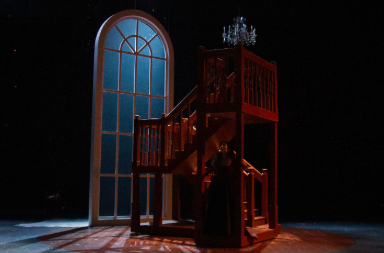 The aim of the design program at Mason Gross School of the Arts is to foster each student’s development as collaborative storyteller and theater artist. Scenic design students can expect rigorous and comprehensive training in the theory, skills, and techniques necessary to pursue a professional career. Our faculty are working professionals who bring their experience in theater, opera, dance, film, television, and multimedia design as well as access to the best current ideas and practices. The 4-year program is a carefully integrated series of classes in scenic design, drafting, history, and drawing including a semester abroad at Shakespeare’s Globe Theater in London. Students have opportunities to collaborate with their classmates on productions for the Rutgers Theater Company and see their designs realized on stage in performance. Visiting professional designers and directors provide additional opportunities to learn and create a network for the future.
The aim of the design program at Mason Gross School of the Arts is to foster each student’s development as collaborative storyteller and theater artist. Scenic design students can expect rigorous and comprehensive training in the theory, skills, and techniques necessary to pursue a professional career. Our faculty are working professionals who bring their experience in theater, opera, dance, film, television, and multimedia design as well as access to the best current ideas and practices. The 4-year program is a carefully integrated series of classes in scenic design, drafting, history, and drawing including a semester abroad at Shakespeare’s Globe Theater in London. Students have opportunities to collaborate with their classmates on productions for the Rutgers Theater Company and see their designs realized on stage in performance. Visiting professional designers and directors provide additional opportunities to learn and create a network for the future.
Faculty
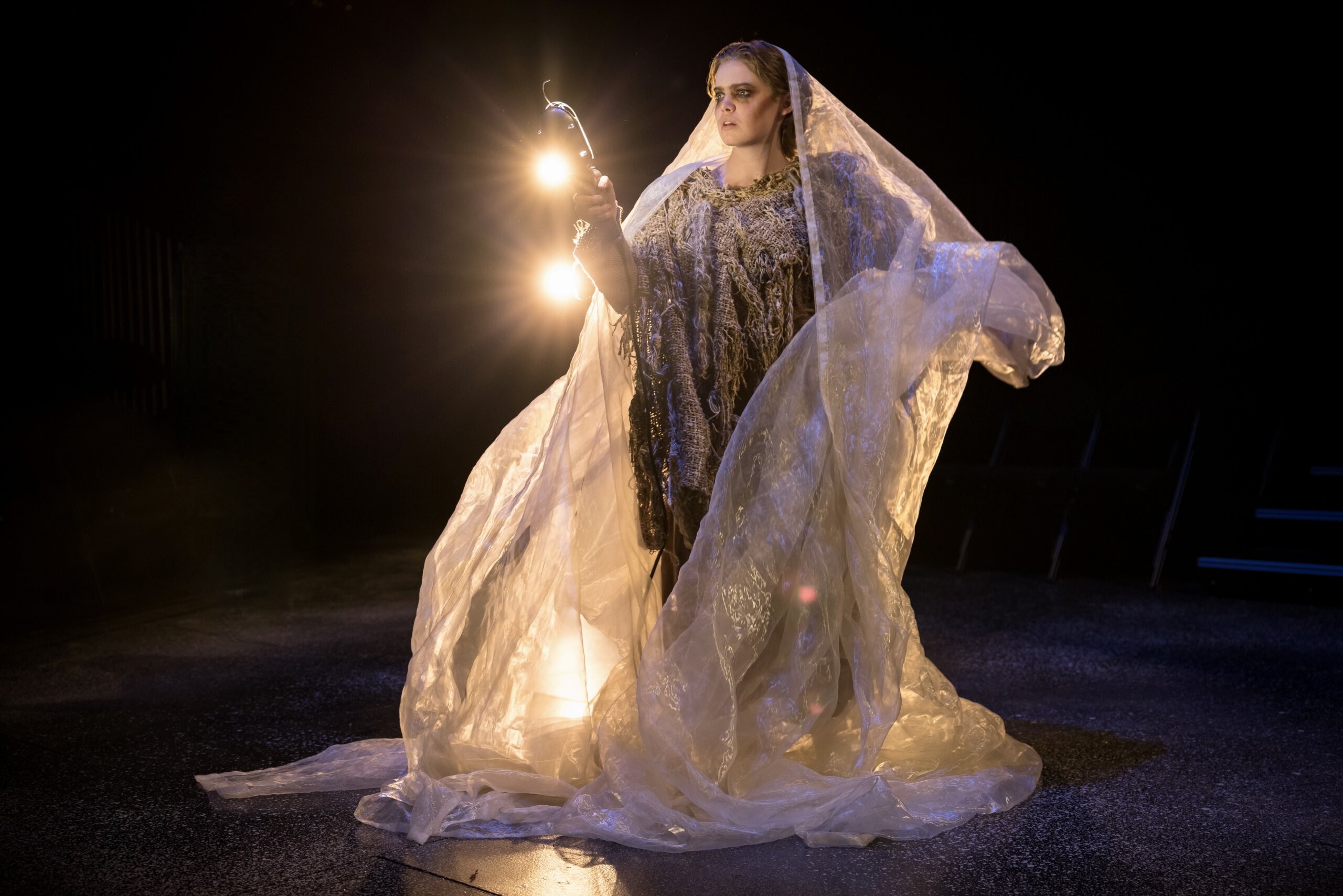
Concentration in Dramaturgy
The Dramaturgy curriculum provides students with a strong multi/transdisciplinary background in performance practices, performance literature and theory, community/audience engagement, and the humanities. The core course of study focuses on building the skills for production dramaturgy is augmented by directed electives in history, foreign languages, and other non-drama courses to build a firm foundation in both theater and the liberal arts. Students in the dramaturgy concentration cultivate their intellectual prowess, analytical skills, and artistic passions through integral multidisciplinary involvement in the Mason Gross productions and classes in the conception and execution of productions, bringing their knowledge of performance history and dramatic structure, their skills in script analysis and contextual research, and their capacity to engage in collaborative conversation into the rehearsal room. These skills also serve our audiences as dramaturgy students practice the art of audience/community outreach and engagement.
The Dramaturgy concentration specializes in production development, production support, critical writing, audience outreach, season planning, and artistic leadership. The transdisciplinary curriculum makes it an excellent program of study for students interested in performing arts history and theory, playwriting and devising, cultural studies, and community outreach.
BFA DRAMATURGY LEARNING GOALS
- Students develop a strong foundation in theatrical practice, dramatic literature, and humanities. This includes:
- Building knowledge and appreciation of dramatic arts, literature, and performance in cultural, historical, and interdisciplinary contexts
- Understanding the evolution of theater history, staging techniques, and dramatic styles
- Gaining familiarity with historically significant plays, theatrical conventions, and movements
- Students cultivate analytical and research skills:
- Enhance ability to analyze plays from dramaturgical, directorial, design, and performance perspectives
- Develop skills in script analysis, contextual research, and critical writing
- Apply scholarly research methods to the design and production process
- Students develop a personal artistic voice and approach:
- Manifest a personal approach within dramatic writing techniques
- Contextualize choices within dramatic and cinematic literary history
- Students will foster collaboration and practical experience:
- Work in collaborative artistic ensembles, developing skills in listening and respecting
- Gain practical understanding of rehearsal and performance
- Participate in production work, serving as production dramaturgs on school
- Students cultivate critical thinking and communication skills:
- Evaluate and express positions in the context of liberal arts studies
- Synthesize critiques for revision of own work
- Communicate eWectively in writing and orally, both within and outside of dramatic writing
- Students specialize in key areas of dramaturgy:
- New play development
- Production support
- Critical writing
- Audience outreach and Community engagement
- Season planning
- Artistic leadership
- Prepare for professional careers:
- Understand marketing needs, career opportunities, and professional challenges in the field
- Gain experience through internships and collaborations with professional theaters
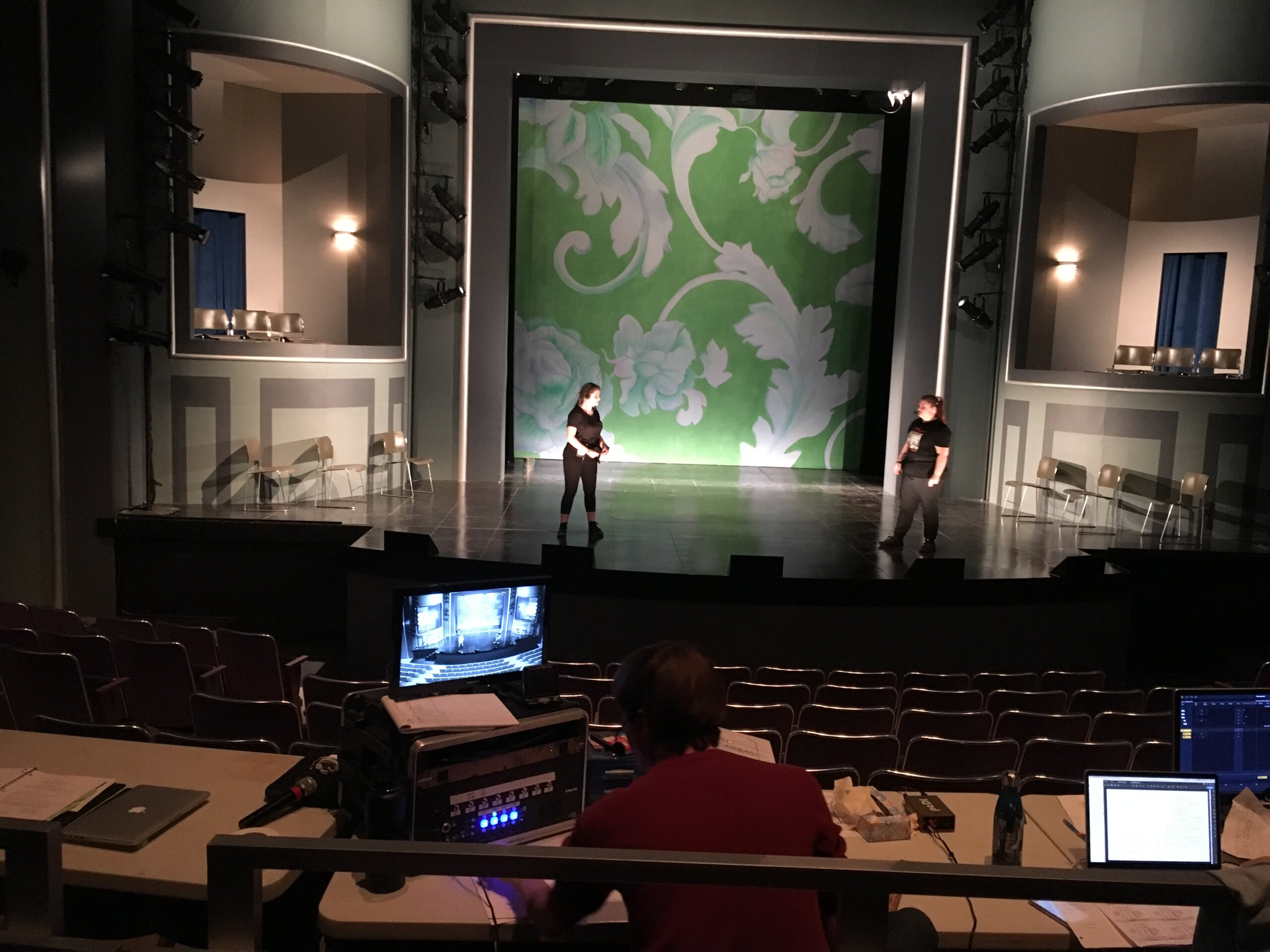
Concentration in Production
Production students are part of a 4-year program designed to train students to be professionals in the fields of costume technology, stage management, or technical direction. The program combines integrated knowledge and respect for all aspects of theater at a variety of production levels to create artistically astute, well-versed, thoughtful production professionals. Core training and curriculum come together in production practice, which informs the process on each play. Working from a core artistic sensibility, production students support the work of the contributing artists as together they bring the performance to realization.
BFA COSTUME TECHNOLOGY LEARNING GOALS
- Students will learn to analyze and critique their own work to strive for success in the implementation of costume designs by developing necessary technical skills in patterning, construction, and crafts as required for translating designs successfully.
- Students will acquire basic skills in the costume design process in order to gain a better understanding and appreciation of the costume design and production process.
- Students will learn to analyze theatrical texts from the point of view of the social, historical, costume, and decorative arts and develop skills to critically analyze projects through the study of Costume History, Theater History, and Art History to provide context for the development of costume production and design culturally and theoretically.
- Students will build an aesthetic awareness and understanding of the creative and collaborative nature of theater design and the need to present ideas verbally and visually to designers, the design team and all other elements of the production to achieve a successful design.
- Students will develop professional practices to be successful costume technicians who are good citizens and ambassadors in the profession.
BFA STAGE MANAGEMENT LEARNING GOALS
-
Students will learn how communication, organization, analysis, time management, and self-reflection combine in to the skillset necessary to lead a production through rehearsals, into technical rehearsals, and to the completion of their performance run.
-
Students will learn the language of their creative, production, and management collaborators.
-
Students will develop their stage management style as an artist and vital piece of the creative team.
-
Students will develop an understanding of current professional best practices in stage management.
BFA TECHNICAL DIRECTION LEARNING GOALS
- Students will learn to analyze a script from the point of view of the social, historical, architectural and decorative arts contexts that express the storytelling and characters of the play.
- Students will learn the dynamics of a scene shop, understanding scenic construction, proper tool use and shop safety.
- Students will develop skills in analyzing design concepts as presented by the Scenic Designer and Director understanding material choices, time management and working with the other shops.
- Students will learn to analyze and critique their work and the work of their peers through comprehensive class discussions. Students will build an aesthetic awareness and understanding of the creative and collaborative nature of theater.
- Students will learn “best average” problem-solving methods and techniques of stagecraft used in the development of a scenic construction.
- Students will develop professional practices to be successful in technical production and become good citizens and ambassadors in the profession.
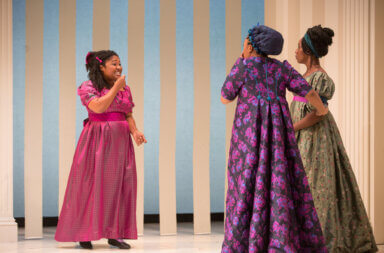 Students enrolled in costume technology will focus their studies on the creation and production of the whole costume. They will learn how to take the rendering created by the costume designer and make it into a 3-dimensional realization. Over the 4 years of study, costume technology students take courses that focus on construction of garments, modern and historical patterning, costume crafts, millinery, and fabric dyeing in addition to costume history and design courses.
Students enrolled in costume technology will focus their studies on the creation and production of the whole costume. They will learn how to take the rendering created by the costume designer and make it into a 3-dimensional realization. Over the 4 years of study, costume technology students take courses that focus on construction of garments, modern and historical patterning, costume crafts, millinery, and fabric dyeing in addition to costume history and design courses.
There will be numerous opportunities to put the skills they learn in the classroom to practice in the costume shop working on departmental productions and see projects realized on stage starting in their first year. All of this helps build their portfolios in preparation for presentation to industry professionals at the Design Portfolio Presentation in New York City at the end of the program.
Faculty
Associate Professor, Costume Technology
Theater
 Year 1:
Year 1:
During the first year, stage management students cover the fundamentals of stage management in the classroom, integrate into the stage management program in class with stage managers of all ages, and take core theater courses with their student colleagues, providing a strong sense of community. Stage management students also enter into basic production work during this year.
Year 2:
Moving into the second year, stage management students explore topics in leadership, relationship-building, and team dynamics, and begin to exercise and develop their “how you.” They expand their understanding of the language and specialty of other theater disciplines by taking more focused courses in many other areas. They take on full roles in production during this year.
Year 3:
Stage management coursework in the third year fine-tunes the student stage manager’s ability to intuit the varying needs of a project, organize themselves accordingly, and support the artistic process. Production work continues, and the student stage managers can select non-stage management theater courses to augment their understanding of how theater can be made. By the end of the third year, the student stage manager has a confidence in their personal stage management style and practice, as well as an understanding and context for advanced applications of stage management practice.
Year 4:
In the fourth year, as production work continues and other theater courses continue there is a shift in focus in stage management classes geared toward preparing for transition into the industry, with a particular attention to professional practices, union membership, topics in freelancing and interviewing, and other professional development topics. Student stage managers will complete this year ready for graduation and entry into professional practice.
Faculty
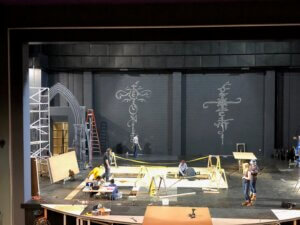 Technical direction students are provided an excellent broad-based knowledge, understanding, and respect for all aspects of theater. A key goal is a deep understanding of designers and the design process, while core curriculum classes ensure a sound foundation and worldwide perspective.
Technical direction students are provided an excellent broad-based knowledge, understanding, and respect for all aspects of theater. A key goal is a deep understanding of designers and the design process, while core curriculum classes ensure a sound foundation and worldwide perspective.
Faculty



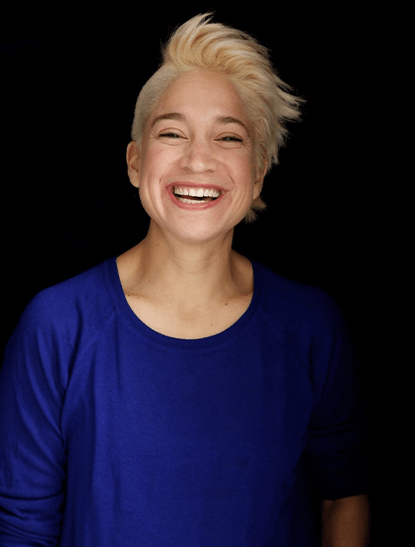




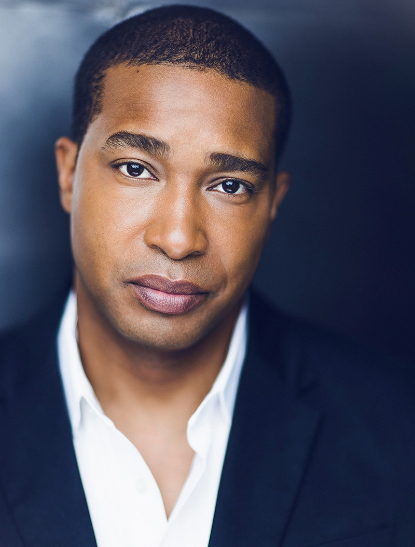

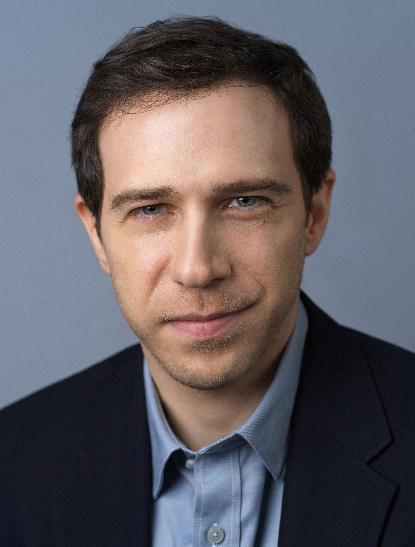


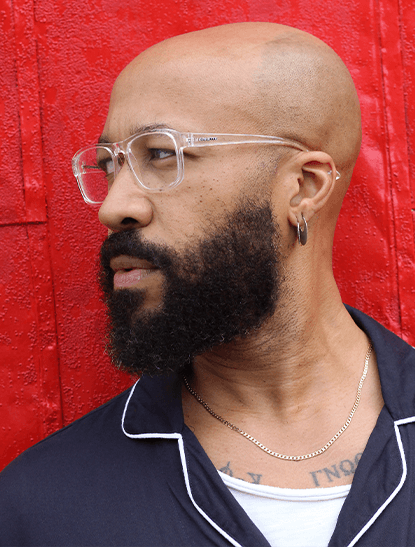
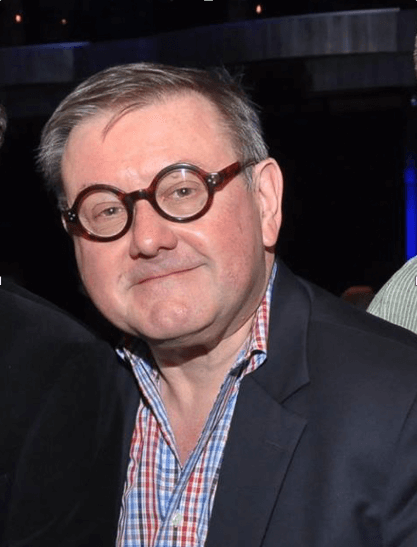
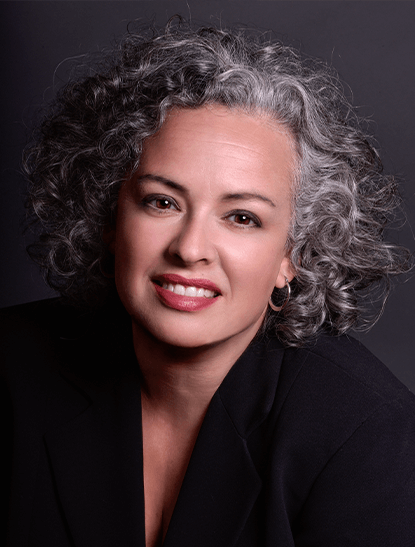
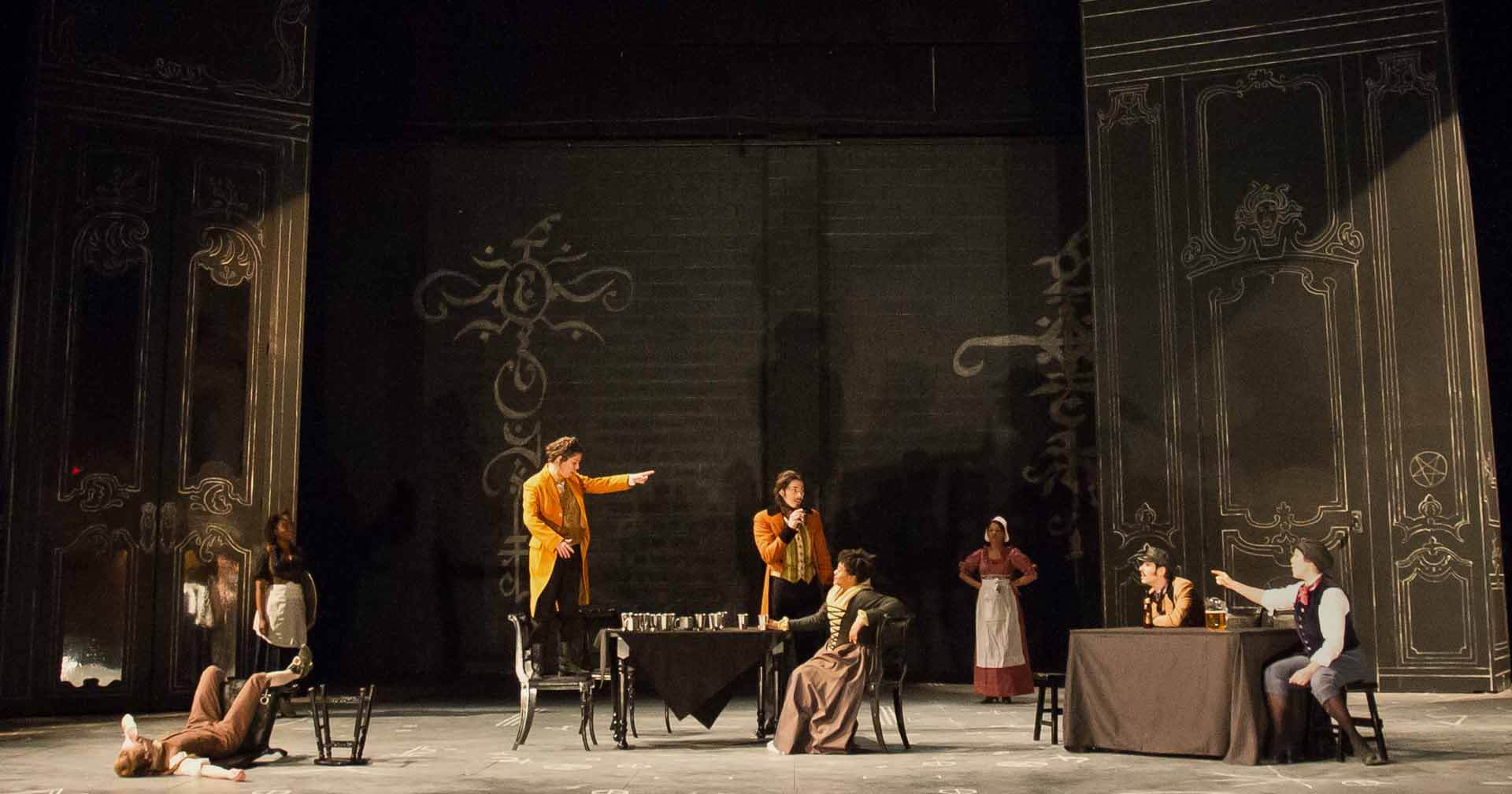
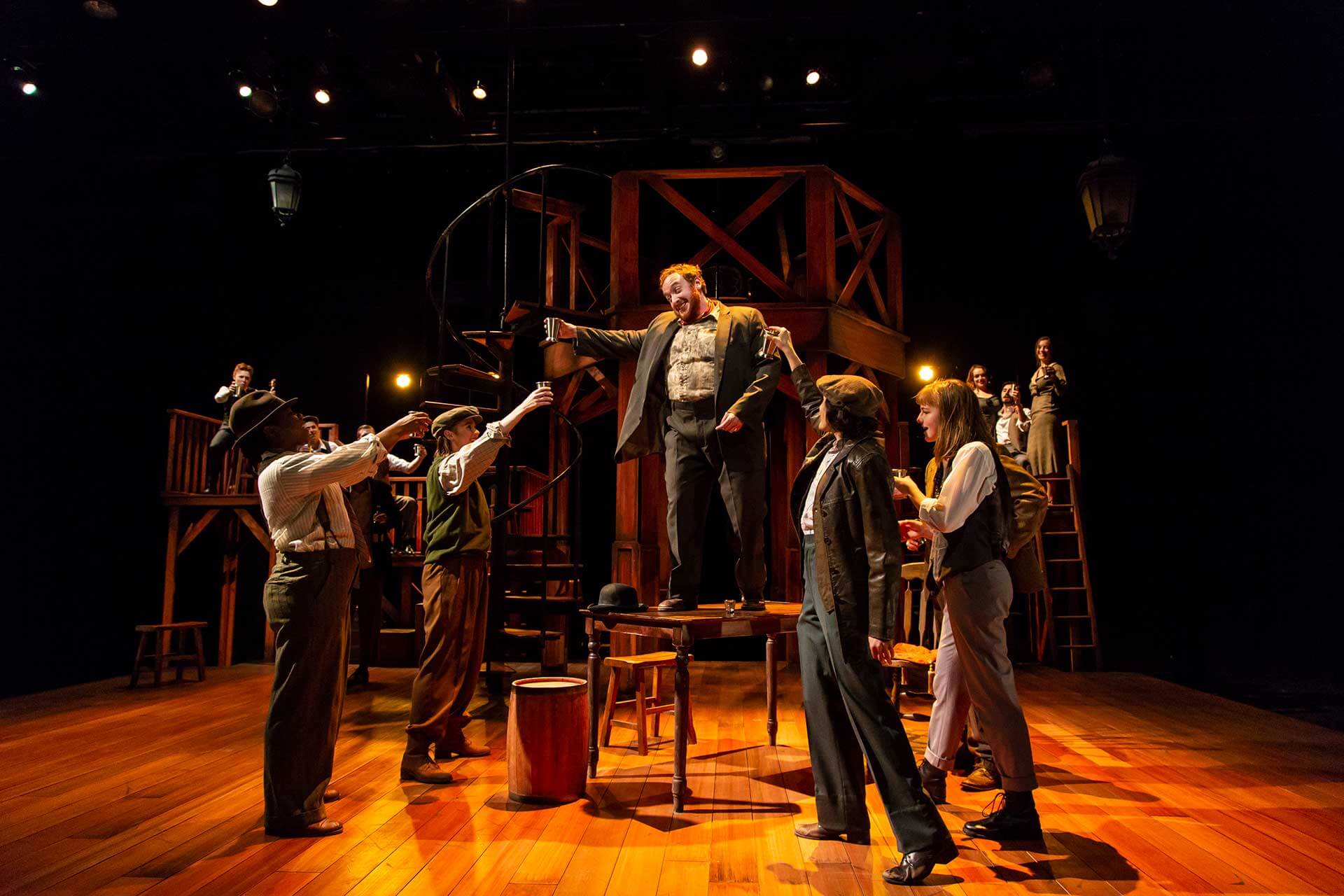
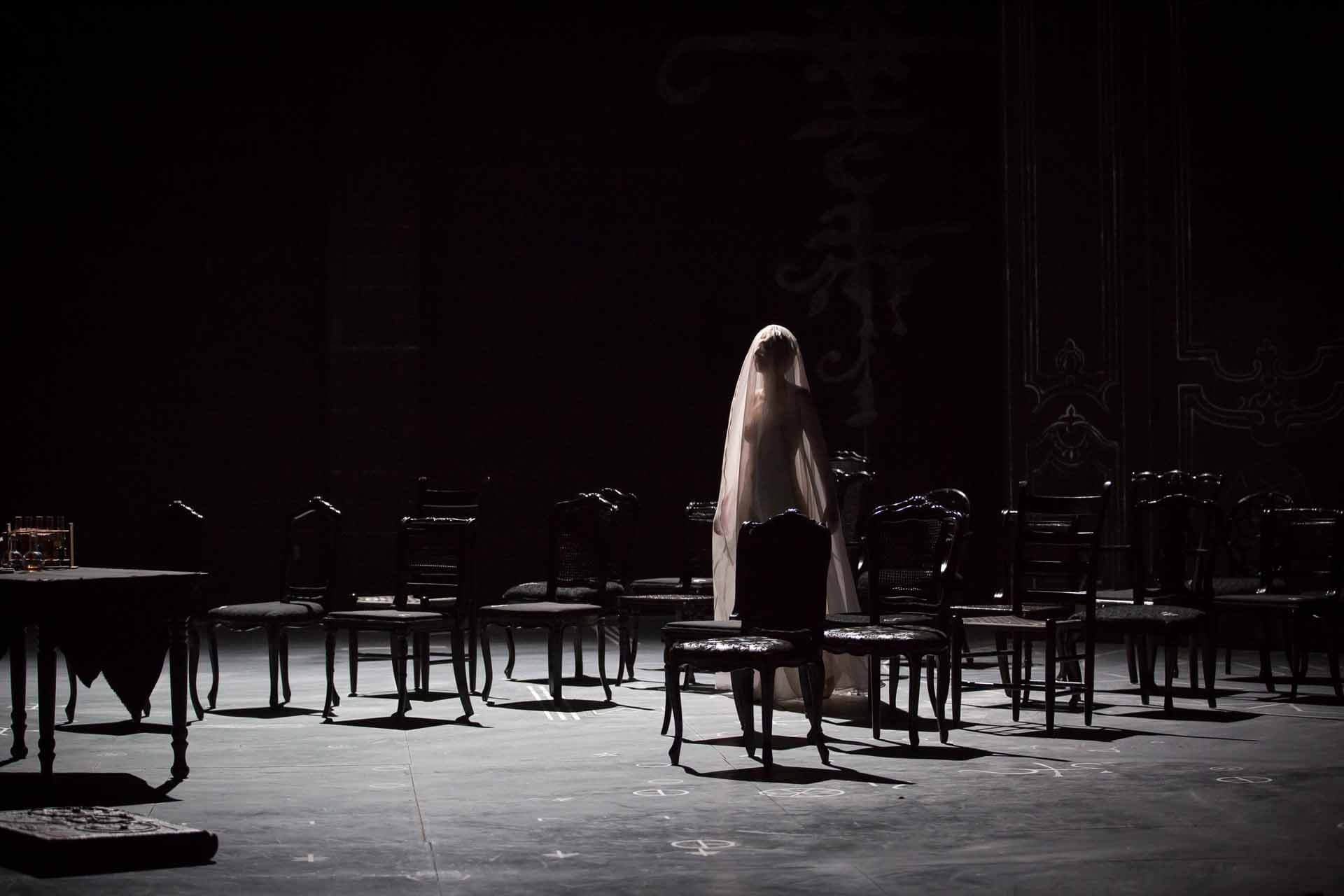
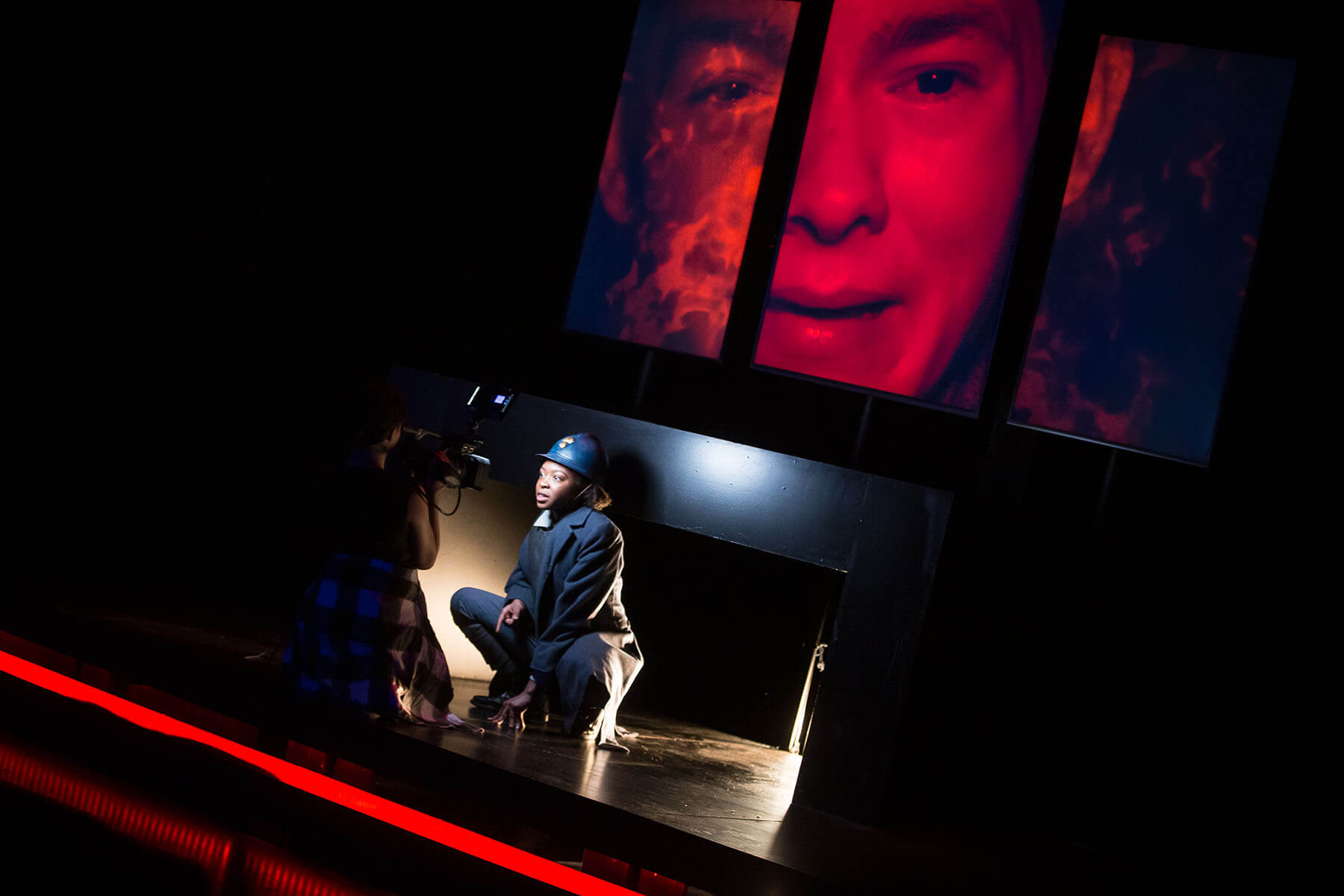
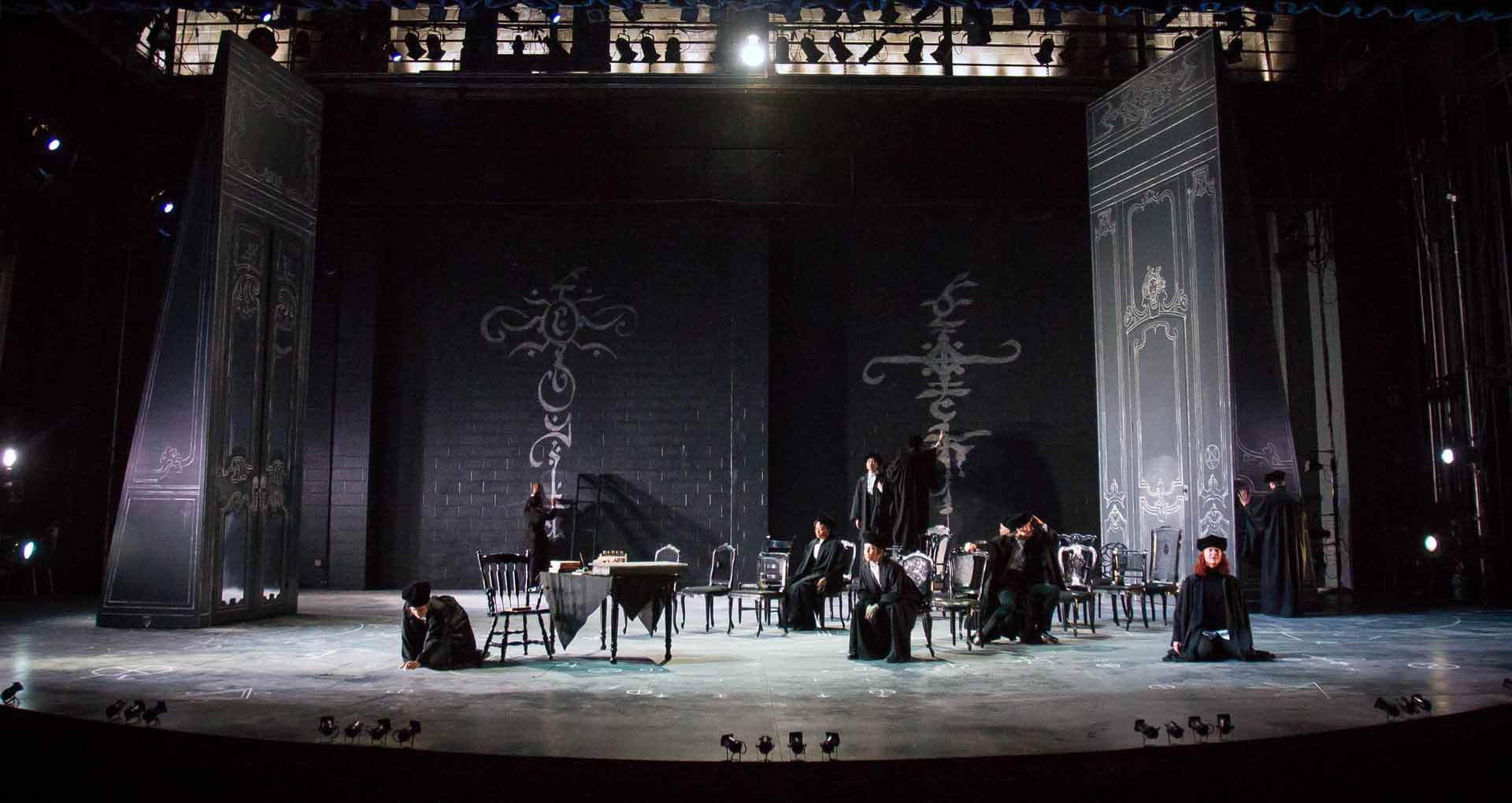
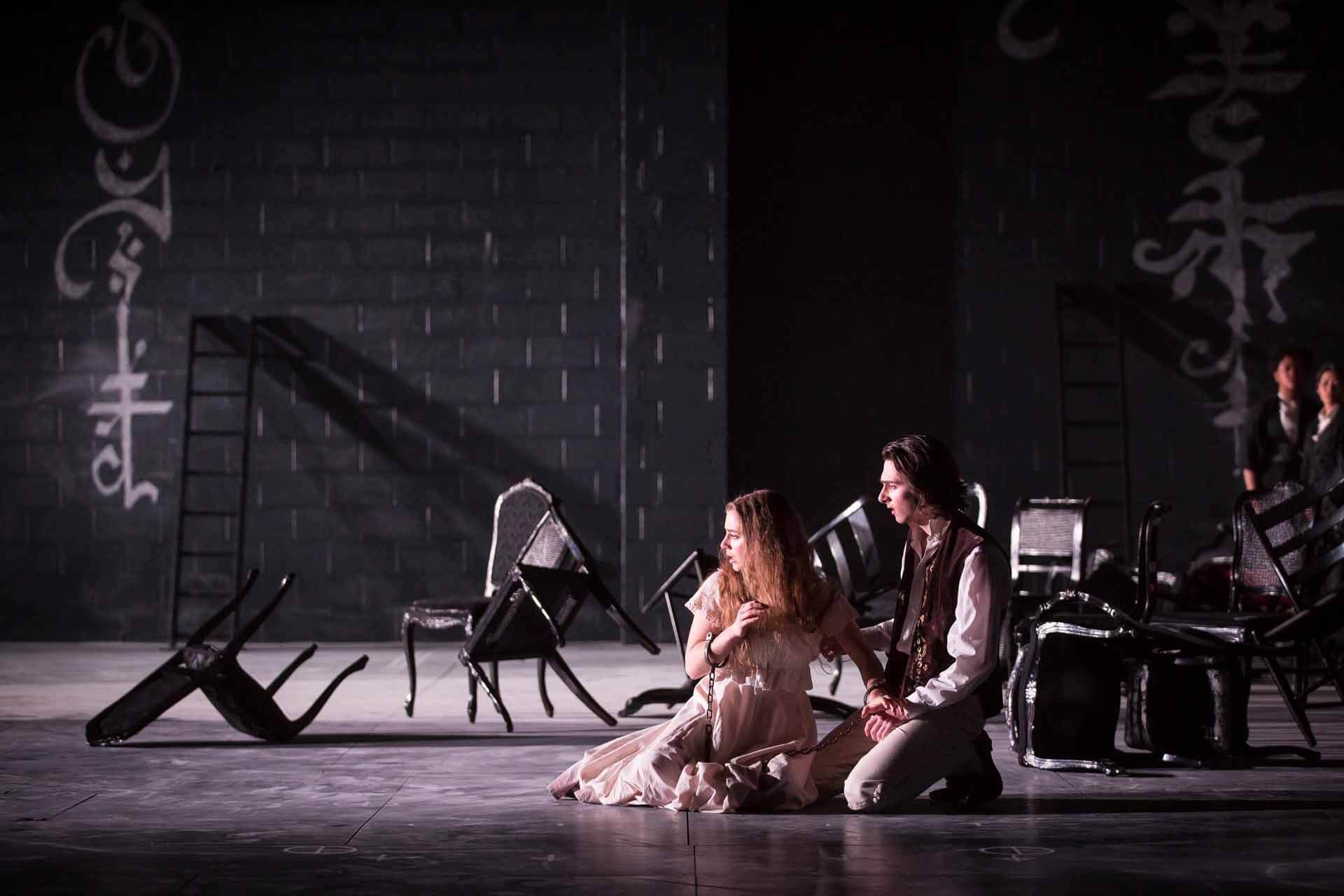
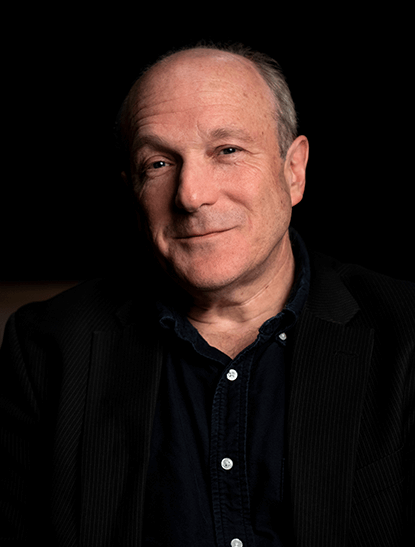
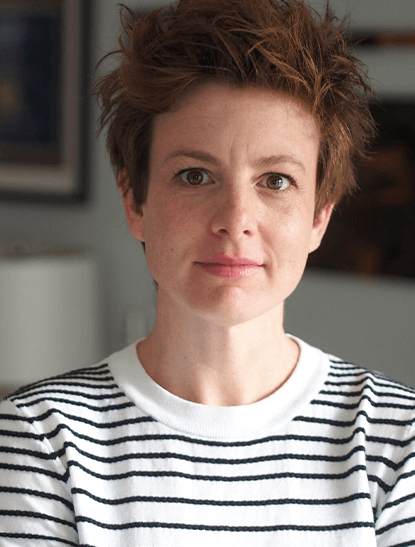

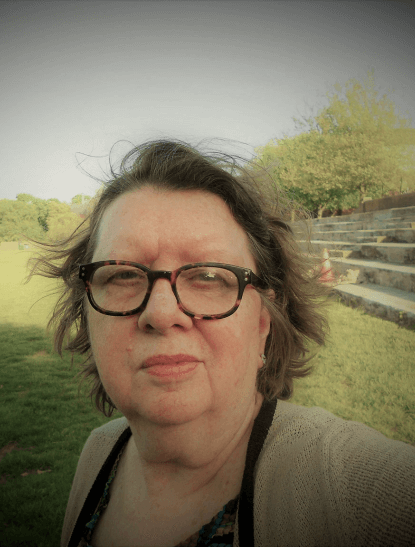
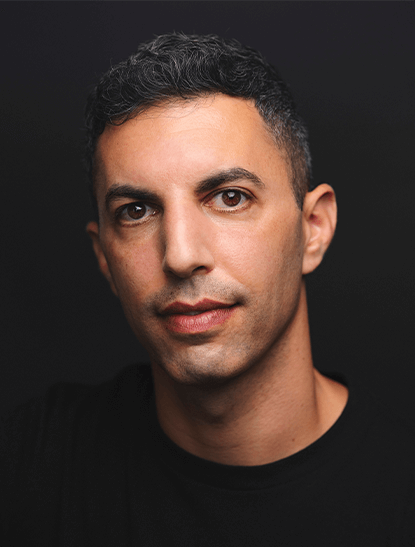

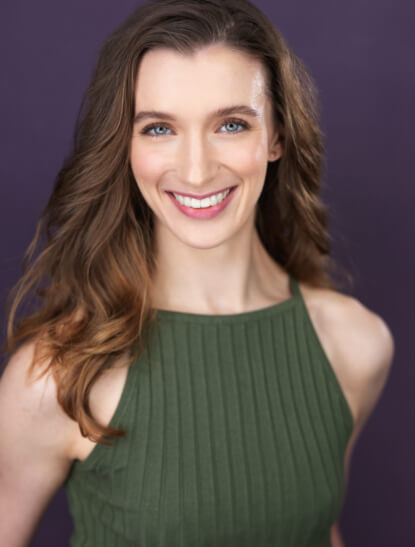


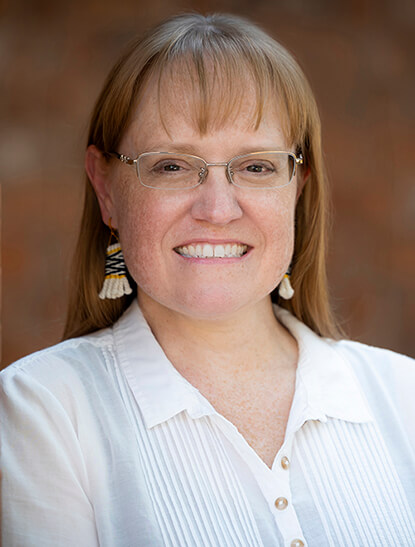
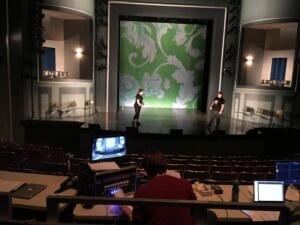 Year 1:
Year 1: